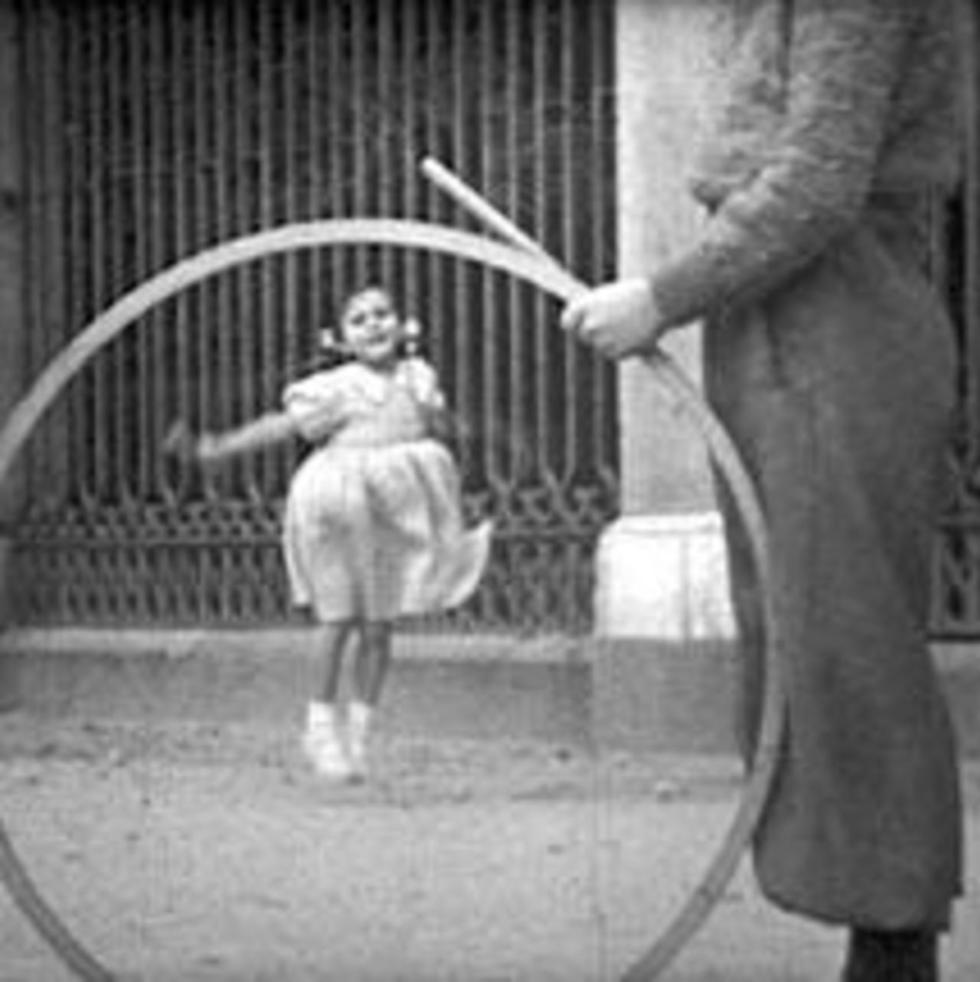
North American Premiere
El Perro Negro: Stories from the Spanish Civil War
| Hungary, Netherlands | 84 MINUTES | English
Another mesmerizing collage assembled by the Budapest-based film and video artist, Péter Forgács, who is compiling what he terms the "private history" of 20th-century Europe. Using the work of two talented amateur filmmakers, he offers an unprecedented glimpse of Spain during the chaotic 1930s, a decade during which this Western European nation descended into barbarism. Joan Salvans was the son of a wealthy Catalan wool manufacturer, and was able to pursue his hobby of skillfully recording events in his family's life on 8mm film from 1929 until July 24, 1936, when, six days after the outbreak of the Civil War, he and his father were murdered by a militant anarchist named "Pedro el Cruel." The story line from then until the final collapse of the Loyalists and the triumph of the Falangists is taken up by the work of another young filmmaker, Ernesto Diaz Noriega, many of whose remarkable adventures, including his imprisonment and subsequent narrow escape from execution, he was able to record with his precious film camera. The personal dramas that were played out behind the scenes of this insane civil conflict add horrifying resonance to a world that we know through its portrayal by artists from Lorca to Orwell, but which we see for the first time through the suffering eyes of some of the ordinary people who were plunged into it. -Peter Scarlet
"For decades the Spanish Civil War was a kind of black-and-white Robert Capa photo. It was always the ruthless Francoist and fascist bloodsuckers winning out over the left for me, the simplified vision of the fight of "good" against "evil"-nothing about the real Spain. The political clichés of the 20th-century can be dropped now, both Nazi and Soviet totalitarianism are unforgivable and unforgettable major sins."
-Péter Forgács
Cast & Credits
Directed by
Péter Forgács
Péter ForgÁcs was born in Budapest and studied at its Academy of Fine Arts. Influenced by the Hungarian Fluxus conceptual art movement, his work in independent film and video began at the Béla Balázs Film Studio in 1978. Forgács' own wide oeuvre includes video performances: Inauguration, Dixie & Pixie; video installations: Totem, The Visit, and documentaries: The Bartos Family, The Danube Exodus. Recipient of numerous awards and shown in all major international film and television festivals, his work can also be found in museum collections throughout Europe and the United States.
* Rush Tickets will be offered at venues when advanced tickets for a screening or event are no longer available (EXCLUDES: Beacon Theatre and United Palace).
The Rush system functions as a standby line that will form at the venue approximately one hour prior to scheduled start time. Admittance is based on availability and will begin roughly 10 minutes prior to program start time. Rush Tickets are the same price as advance tickets and are payable upon entry.